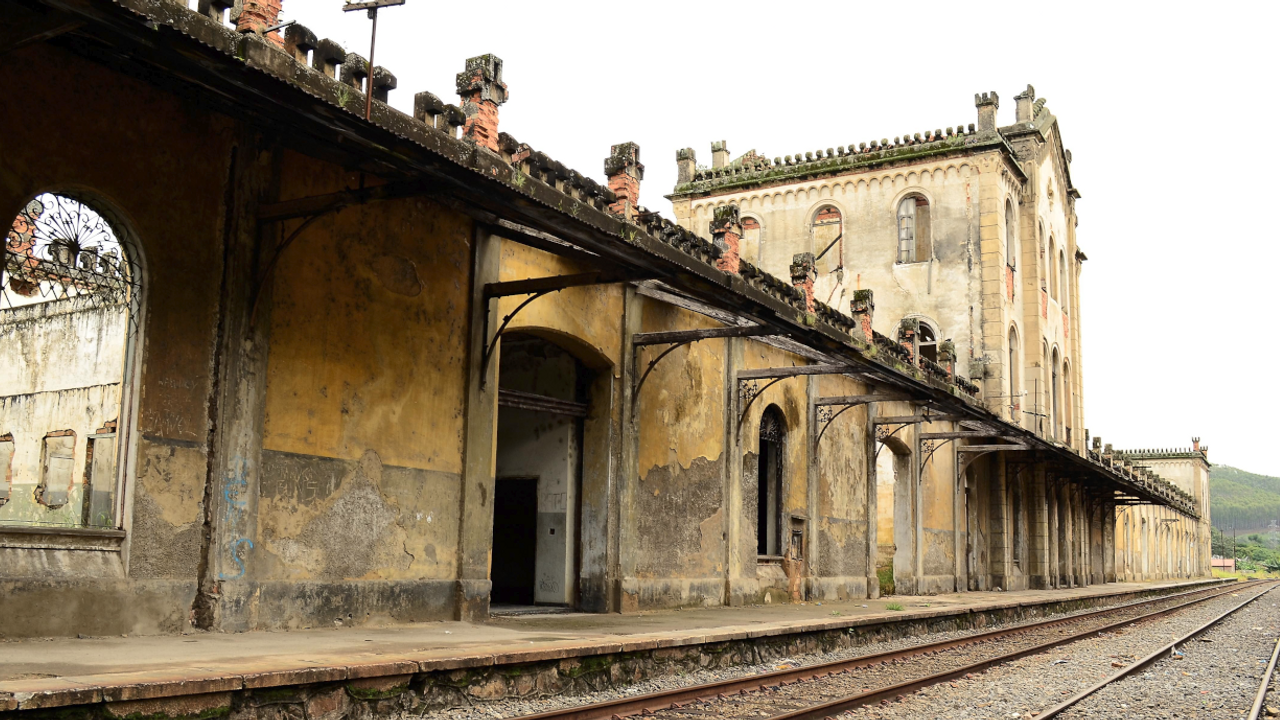Pain and the Neuroscience of Patience
Aug 09, 2021
About twelve years ago, several years after I was diagnosed with Multiple Sclerosis, I began to have regular episodes of neuropathic pain.
Every few hours, there would be some intensity of sensation in the area of my right shoulder blade, right shoulder, or down my right arm. On a scale of ten, where zero is no pain, and ten is unbearable agony, these episodes would be between a three and a seven. At least once or twice a day, I would negotiate a nine, which means the pain was so intense that I would sit still, in a kind of stunned, submissive acceptance, and wait for it to pass.
By every few hours, I mean that for those years, I never slept through the night. I was chronically sleep-deprived. For some episodes I would be awake and in pain before I even understood where or who or what I was. The body is an amazing thing.
Each time was different. They evolved. I named them. The chandelier was where every small movement sent excruciating cascades. The lava flow was a burning flow over my skin. The drill was penetrating, vibrating, and deep. The stab was just that. You get the idea.
It was a period of intense learning, and very lonely. I learned a lot about stamina and gratitude. I learned that most of us are unaware of how much we communicate. We act as if our judgments and disbelief are not transparently obvious to the people we are talking to. I learned that it is a gamble trusting anyone – but especially a healthcare professional -- to believe me, to respect me, and to listen to me.
I learned that empathy is quiet. What immediately let me know someone had experience with debilitating, frustrating, and mysterious physical pain is that they would often say simply “I’m sorry you’re going through that.” People who have lived with pain are reluctant to offer advice; they wouldn’t ask questions about what I had tried. They would rarely even offer their own experience. Among people who share this history, there seems to be an implicit acceptance that some things are private not because they are taboo, but because communicating about them is complex.
When the pain was at its height, I was very present. I hesitate to call it patience, since that implies choice. But when in a lot of pain, impatience feels both entirely justified, and entirely pointless. Still, I learned about acceptance, and about powerlessness.
In general usage today, at least in the relatively wealthy, busy, privileged, time-hungry Western “middle-class” communities that I’m part of, patience is framed in terms of tolerance for waiting. It is about maintaining emotional equilibrium.*
In neuroscience research, patience is understood more narrowly in a paradigm of self-control versus impulsivity. It’s about “delay discounting” – the cost of deciding to delay gratification in return for a larger reward. One study, finding differences in patience between two species of primates, suggests an evolutionary basis. The authors write, “marmosets rely on gum, [which requires] waiting for exudate to flow from trees, whereas tamarins feed on insects, a food product requiring impulsive action.”
But “waiting is not easy,” says researcher González Vallejo, which may explain why “some policies requiring patience ended up giving different outcomes for this pandemic.” In their study, humans were just impatient: even when “the amounts of time were too small to even think about. Delays matter – even seconds to people matter.”
By imaging brain regions during the waiting period, another study found people could be generally categorized into two groups. The more patient ones, showing early activation in the anterior prefrontal cortex (aPFC), appear to imagine pleasure about the future reward, while more impulsive subjects, who chose not to wait, showed activation in the Ventral Striatum as the reward approached, suggesting their impatience grew.
In a study of mice, the release of serotonin was found to increase patience, under particular conditions. “For the serotonin to promote patience, the mice had to be confident that a reward would come but uncertain about when it would arrive," said study author Dr. Katsuhiko Miyazaki.
The research suggests there is a neurophysiological and evolutionary basis for how difficult it is to be patient. Still, from my experience, it is possible to learn to be present, here and now, to weather uncertainty and pain, to find gratitude and pleasure.
----
*Historically, patience has been understood n more as forbearance in difficult situations, and occasionally as tolerance in the face of disrespectful provocation. For many of us, it still has a spiritual connotation.
Stay connected with news and updates!
Join our mailing list to receive the latest news and updates from our team.
Don't worry, your information will not be shared.
We hate SPAM. We will never sell your information, for any reason.
